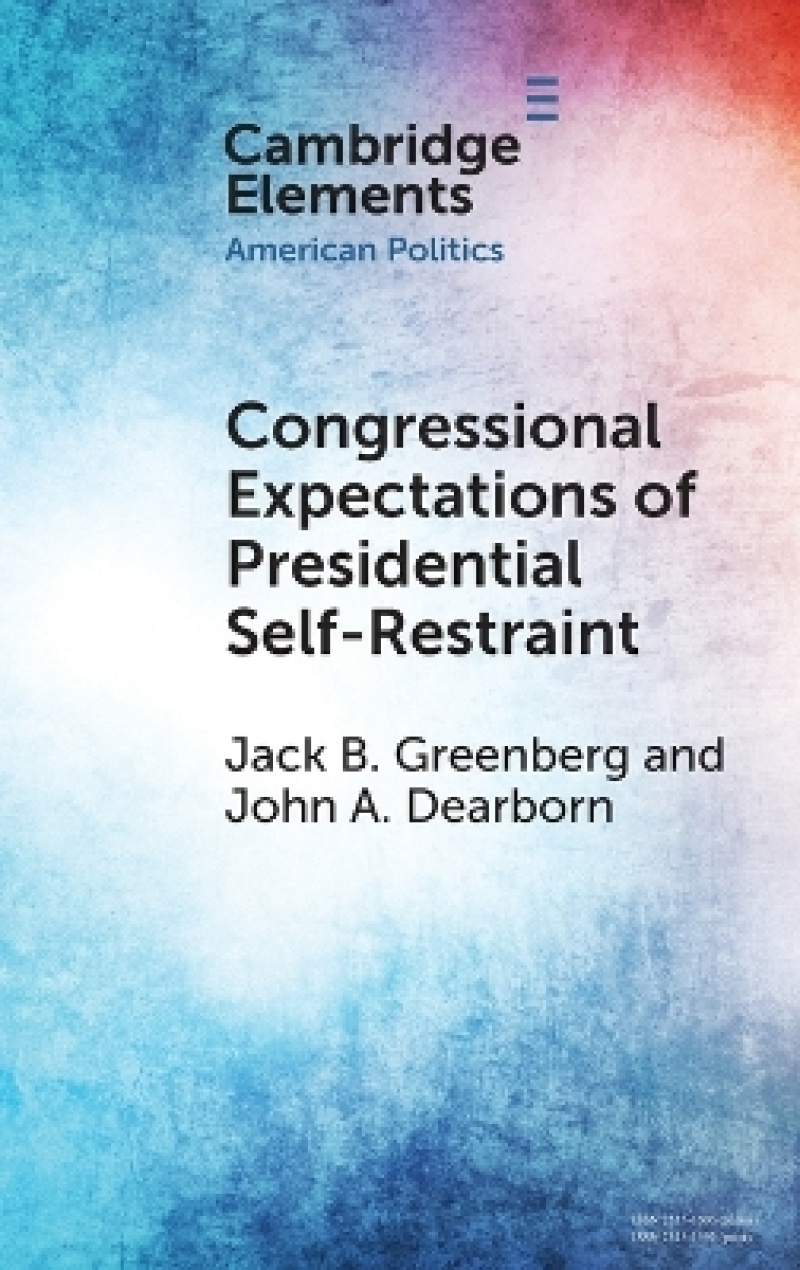This Element explores how Congress has designed laws reliant on an assumption of presidential self-restraint, an expectation that presidents would respect statutory goals by declining to use their formal powers in ways that were legally permissible but contrary to stated congressional intent. Examining several laws addressing political appointments since the 1970s – statutes involving the FBI director, Office of Personnel Management director, chairman of the Joint Chiefs of Staff, director of national intelligence, Federal Emergency Management Agency administrator, inspectors general, Senior Executive Service, vacancies, Social Security Administration commissioner, and Consumer Financial Protection Bureau director – the authors demonstrate lawmakers' reliance on presidential self-restraint in statutory design and identify a variety of institutional tools used to signal those expectations. Furthermore, the authors identify a developmental dilemma: the combined rise of polarization, presidentialism, and constitutional formalism threatens to leave Congress more dependent on presidential self-restraint, even as that norm's reliability is increasingly questionable.
Les mer
1. Introduction; 2. Fixed terms; 3. Qualifications; 4. Removal reporting requirements; 5. Caps; 6. Removal protections; 7. Conclusion; References.
Congressional expectations of presidential self-restraint as a fundamental dynamic of America's separation-of-powers system.
Produktdetaljer
ISBN
9781009568975
Publisert
2025-05-22
Utgiver
Vendor
Cambridge University Press
Aldersnivå
G, 01
Språk
Product language
Engelsk
Format
Product format
Innbundet
Antall sider
78
